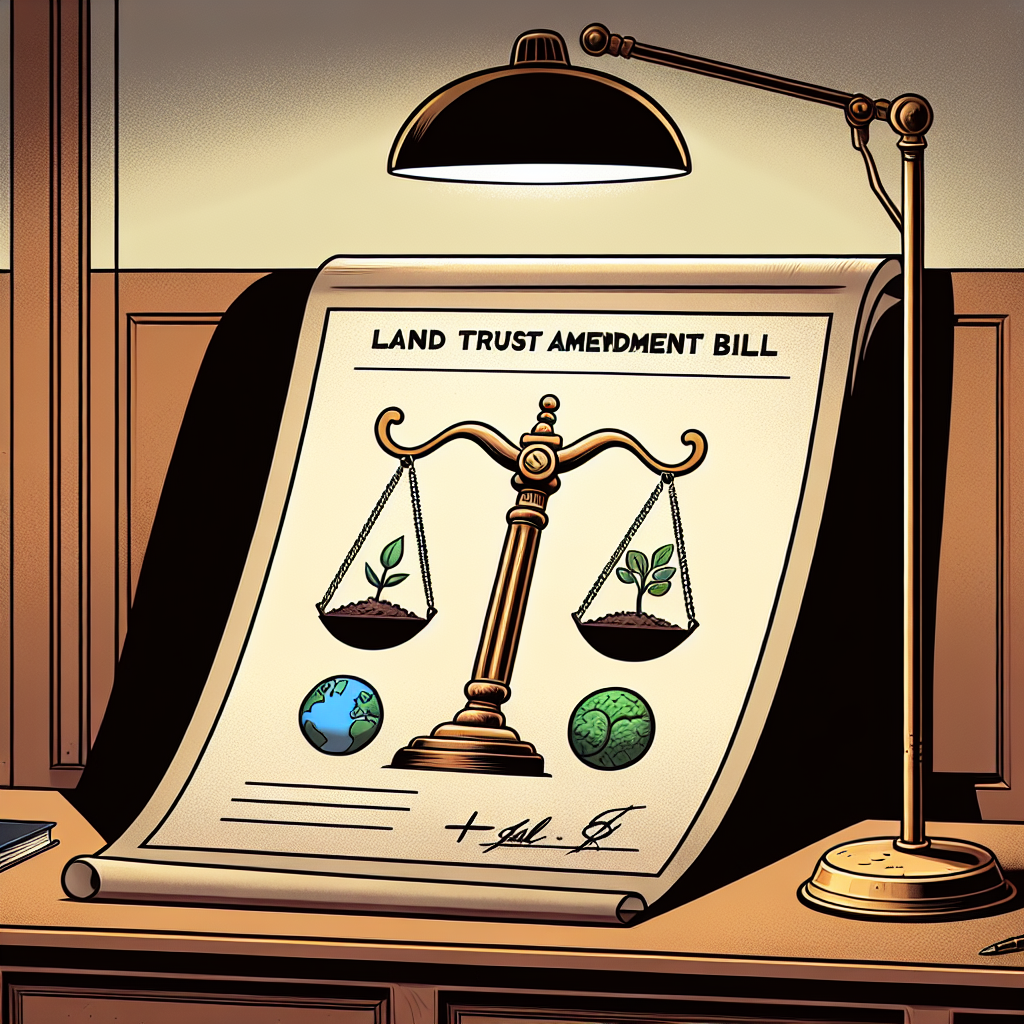UMEED Bill: Transforming Waqf Property Management
Union Minority Affairs Minister Kiren Rijiju introduced the Waqf (Amendment) Bill, 2025, to enhance Waqf property management through transparency and technology. After rigorous debate, the Lok Sabha passed it. The Bill seeks to involve all Muslim sects in the Waqf board and manage the growing number of properties effectively.

- Country:
- India
The Union Minority Affairs Minister, Kiren Rijiju, tabled the Waqf (Amendment) Bill, 2025, in the Rajya Sabha on Thursday. He emphasized that the Bill is designed to enhance the management of Waqf properties with transparency and technological efficiency, rather than targeting religious sentiments.
The Lok Sabha passed the Bill with a vote of 288-232 following an extensive 12-hour debate. It was reviewed and redrafted by a Joint Parliamentary Committee (JPC). Rijiju stated that this legislation focuses on property management, not religion, striving to include all Muslim sects within the management process.
Rijiju further informed the Rajya Sabha that the number of Waqf properties has surged from 4.9 lakh in 2004 to 8.72 lakh currently. He dismissed opposition claims, asserting that the newly renamed Unified Waqf Management Empowerment, Efficiency, and Development (UMEED) Bill has benign intentions and aims to complete tasks left by previous administrations.
(With inputs from agencies.)
ALSO READ
Congress MP Demands Urgent Judicial Probe in Lok Sabha
Godrej Properties Expands with Strategic Land Acquisition in Navi Mumbai
Rahul Gandhi Challenges Lok Sabha Speaker, Claims Unjust Silence in Parliament
Controversial 'Aurangzeb Fan Club' Remark Sparks Uproar in Lok Sabha
Tensions Rise as Rahul Gandhi Faces Lok Sabha Speaker Over Remarks










